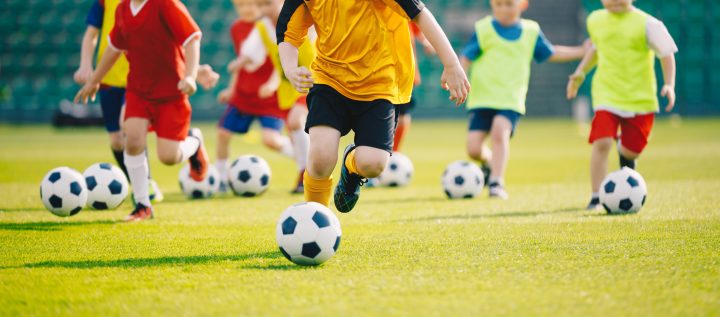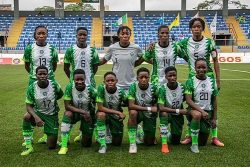
Title: Enhancing Safety and Fairness: Implementation of Body Cameras for Minor Soccer Referees in Quebec Aimed at Preventing Abuse
Introduction:
In recent years, the issue of abuse towards referees in sports, particularly in soccer, has gained significant attention. To address this concern and ensure the safety and fairness of the game, the implementation of body cameras for minor soccer referees in Quebec has emerged as a proactive solution. This article aims to explore the benefits and potential impact of introducing body cameras to prevent abuse and promote a positive environment for referees and players alike.
The Prevalence of Abuse in Soccer:
Soccer, being one of the most popular sports worldwide, unfortunately, witnesses instances of verbal and physical abuse towards referees. Minor soccer leagues are not immune to this problem, with incidents ranging from disrespectful comments to physical altercations. Such abuse not only affects the referees’ mental well-being but also undermines the integrity of the game and sets a poor example for young players.
The Role of Body Cameras:
Body cameras have been successfully implemented in various sectors, including law enforcement, to enhance transparency and accountability. By equipping minor soccer referees with body cameras, their role as impartial arbiters can be further reinforced, discouraging abusive behavior and promoting a respectful atmosphere on the field.
Benefits of Body Cameras for Referees:
1. Deterrence: The presence of body cameras acts as a deterrent, discouraging individuals from engaging in abusive behavior towards referees. Knowing that their actions are being recorded can lead to a reduction in instances of abuse.
2. Evidence Collection: Body cameras provide an objective record of events, capturing incidents as they unfold. This footage can serve as crucial evidence in investigations and disciplinary proceedings, ensuring fair outcomes and holding accountable those responsible for abusive behavior.
3. Enhanced Transparency: The use of body cameras promotes transparency by providing an unbiased account of events. This transparency not only protects referees from false accusations but also encourages players, coaches, and spectators to behave responsibly, knowing that their actions are being recorded.
4. Training and Development: Body camera footage can be used for training purposes, allowing referees to review their decisions and improve their skills. This tool can help identify areas of improvement and enhance the overall quality of officiating in minor soccer leagues.
Potential Challenges and Considerations:
While the implementation of body cameras for minor soccer referees holds immense potential, certain challenges need to be addressed. These include privacy concerns, data storage and management, cost implications, and ensuring proper guidelines for camera usage. Striking a balance between privacy and accountability is crucial to ensure the successful integration of body cameras in the sport.
Conclusion:
The implementation of body cameras for minor soccer referees in Quebec represents a proactive step towards preventing abuse and fostering a positive environment on the field. By acting as a deterrent, collecting evidence, promoting transparency, and aiding in training, body cameras can significantly contribute to the safety and fairness of the game. It is essential for sports organizations, governing bodies, and stakeholders to collaborate in implementing this technology while addressing any challenges that may arise. Ultimately, the goal is to create an environment where referees can officiate without fear of abuse, ensuring a positive experience for all involved in the beautiful game of soccer.

